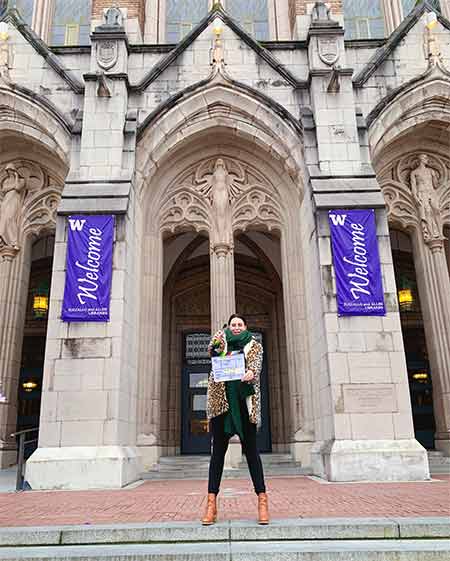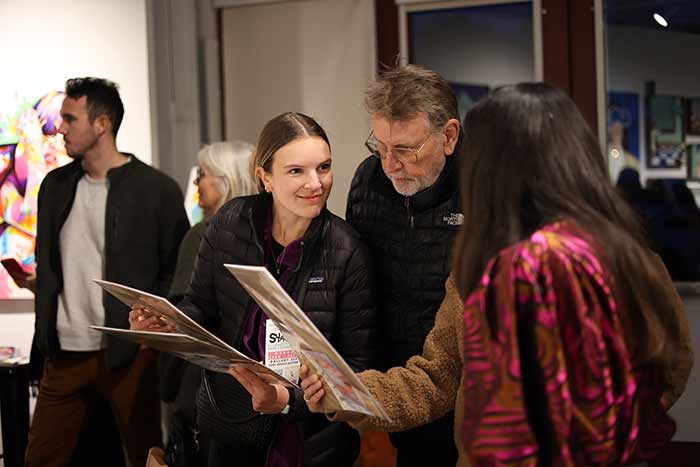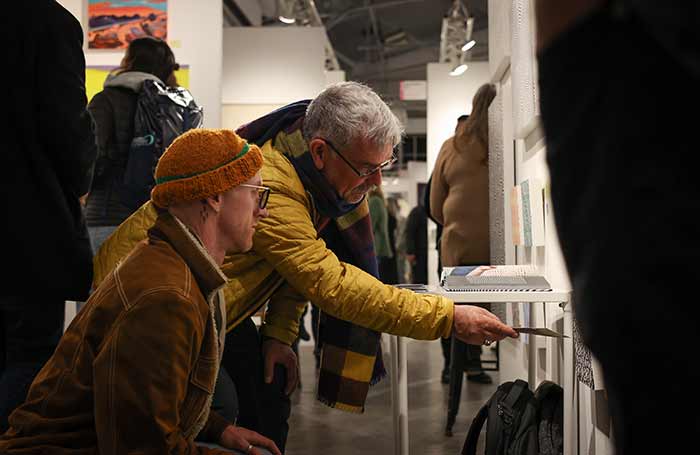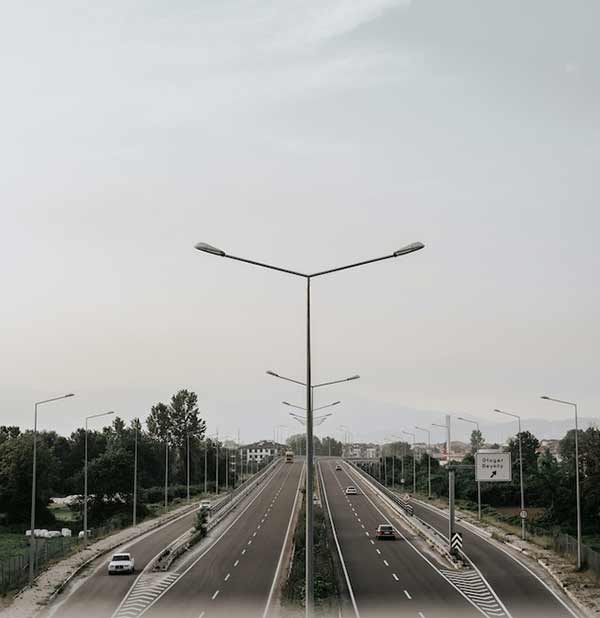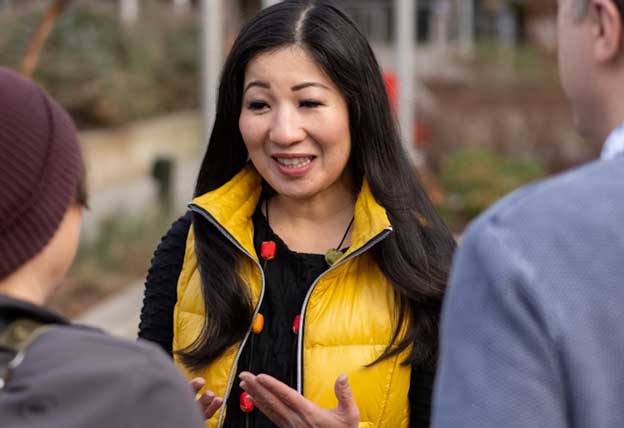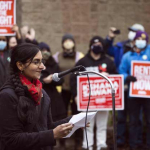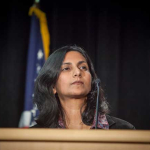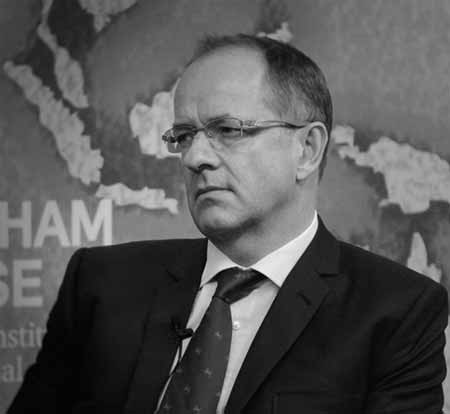Optimizing Your Health With Dr. Sean O’Mara

If you don’t take care of your most important asset, your body, you will not have good health or a good quality of life. Unfortunately, our country has a huge problem with chronic disease, and millions of people are struggling with several health issues.
Instead of simply treating these issues, Dr. Sean O’Mara focuses on the source of chronic disease – visceral fat. After 13 years of researching, working with clients, and assessing MRIs, he has developed over 45 strategies for optimizing your health.
Dr. Sean O’Mara is the world’s leading health and performance-optimizing doctor. Optimizing your health means taking a deep look into your current health status, allowing you to make healthier choices to obtain your best health. Dr. Sean O’Mara defines it this way: “The best for the best.”
Reaching optimal health means being extremely conscious of what goes into your body. When you put junk in your body, you will only feel unhealthy and have poor performance. Eating healthy is essential as well as the proper advice. When you pay attention to what you eat and make healthy choices, you are much more likely to achieve better health and a better quality of life.
Taking charge of your health takes a lot of work and effort. But it can result in the best version of yourself. This is why Dr. O’Mara offers health-optimizing plans. With these plans, you will have the chance to speak with people from all over the world who are also looking to optimize their health and can encourage you to optimize your health.
When you become part of an optimizing health plan, you can speak with the members of your group about why you want to optimize your health and the goals you hope to achieve and provide your history. The opportunity to be a part of these groups offers a unique experience. You will have time to speak personally with Dr. O’Mara and receive helpful strategies on how to optimize your health.
For those interested in achieving optimal health, there are different plans available.
The first plan is the standard introductory plan. This involves three MRI scans with a consultation to go over the scans. Four 15-minute sessions with Dr. O’Mara are also available to help you stay on the path to health optimization.
You’ll also learn the 46 strategies that help you optimize your health, better your appearance, and improve your body’s performance. Share with other clients in Dr. O’Mara’s online group.
The second plan is specifically for improving cardiovascular health. It is a great option for those who wish to stop heart issues from occurring or slow down the progression of a heart issue.
Included in this plan are four MRI scans and a two-hour session with Dr. O’Mara. Also included are six 15-minute sessions with Dr. O’Mara to ensure that you are sticking to your optimization plan. An optimized physical exam and a membership to the optimized health online community will also be given to you.
Another option is the Alpha High-Performance Plan, where you will focus on your appearance and performance to achieve the best health. Named for the Alpha individual, or someone who wishes to be the best version of themselves, it is a great option for those wanting to become the “best biological version of themselves.”
Along with this plan are five MRI scans and a complete physical examination. Additionally, you will have three hours of consulting from Dr. O’Mara. You will also receive a personal trainer who will guide you through a one-hour workout session.
To make sure that you are staying on track with your optimal health plan, you will have eight 15-minute private sessions with Dr. Sean O’Mara. You will also have a membership for the community online as well as access to the smaller Alpha High Performer online chat group.
The last plan is called the Senior Executive Plan. This plan is great for those who need their bodies to be at peak performance as a part of their livelihood. Also included is an intense workout plan, an MRI scan of your whole body, and a complete body exam. You will also have an eight to twelve hour-long consultation and eight 10-to 15-minute sessions a week with Dr. O’Mara.
One major benefit of this plan is having daily access to Dr. O’Mara for all health-related questions. Other benefits offered with this plan include two 45-minute workout sessions and a paid three-day trip to an MRI diagnostic center with accommodations and healthy meals provided.
By addressing the root cause instead of just treating the symptoms, health optimization can improve your health so you can grow better and not just older. It is a mindset that will help you achieve a longer life and a better quality of life. If you are interested in improving your body’s health, consider working with Dr. Sean O’Mara to achieve optimal health. You can follow him on his LinkedIn or Instagram.



